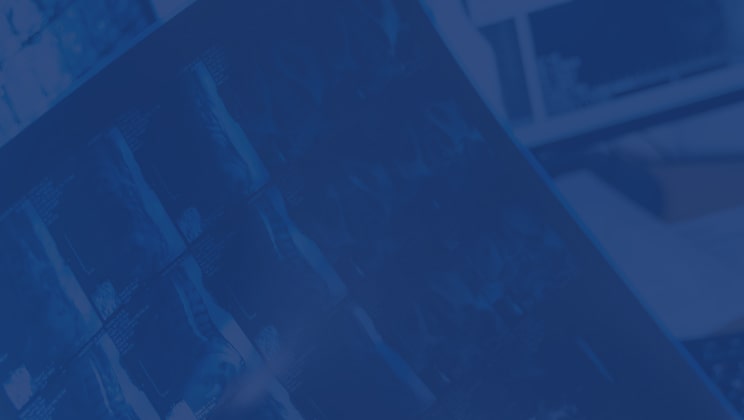Radiology Imaging Software for a Network of Clinics
A secure & scalable radiology imaging software for receiving and processing medical data – MRI images.

Project Highlights
The system is successfully implemented in an Israeli clinic
More than 1 million MRI scans have already been processed
Enabled convenient internal navigation
Radiology imaging software requires only 36 seconds for the parallel sending of 800 studies
Average data compression percentage 61.5%
Project Highlights
The system is successfully implemented in an Israeli clinic
More than 1 million MRI scans have already been processed
Enabled convenient internal navigation
Radiology imaging software requires only 36 seconds for the parallel sending of 800 studies
Average data compression percentage 61.5%
Project Summary
About Client
Client Request
The Outcome
Complex routing
Safeguarding data Integrity
Security compliance due to the use of sensitive data
Enhance data processing speed
Enable secured storage
Guarantee of the system’s general reliability
Hardware and software support
Indexing and search process improvement
Enable connection to cloud services
Project Summary
About Client
Client Request
The Outcome
Complex routing
Safeguarding data Integrity
Security compliance due to the use of sensitive data
Enhance data processing speed
Enable secured storage
Guarantee of the system’s general reliability
Hardware and software support
Indexing and search process improvement
Enable connection to cloud services
Location
USA
Industry
Healthcare
Partnership Period
14 months
Type
Decentralized SaaS Big Data Solution
Platform
On-premise & cloud solution
Team Size
20 experts
Services
IT Consulting, Custom Software Development
Expertise
Web Development, DevOps Services, Quality Assurance Service, Data Science Services
Tech Stack
Node.js, Python, Rust, React, Redux (Thunk), GraphQL (Apollo), Babel, MongoDB, CircleCI, AWS, Docker
Project Details
Business Challenge
Implementation
Solution Delivered
Business Outcome
Project Details
Business Challenge
Implementation
Solution Delivered
Business Outcome
It is one of the most interesting projects from a tech perspective for me. Finding a solution to some issues that seemed unsolvable was hard but thought-provoking.
Ihor Pavlenko
CTO
Location
USA
Industry
Healthcare
Partnership Period
14 months
Type
Decentralized SaaS Big Data Solution
Platform
On-premise & cloud solution
Team Size
20 experts
Services
IT Consulting, Custom Software Development
Expertise
Web Development, DevOps Services, Quality Assurance Service, Data Science Services
Tech Stack
Node.js, Python, Rust, React, Redux (Thunk), GraphQL (Apollo), Babel, MongoDB, CircleCI, AWS, Docker
